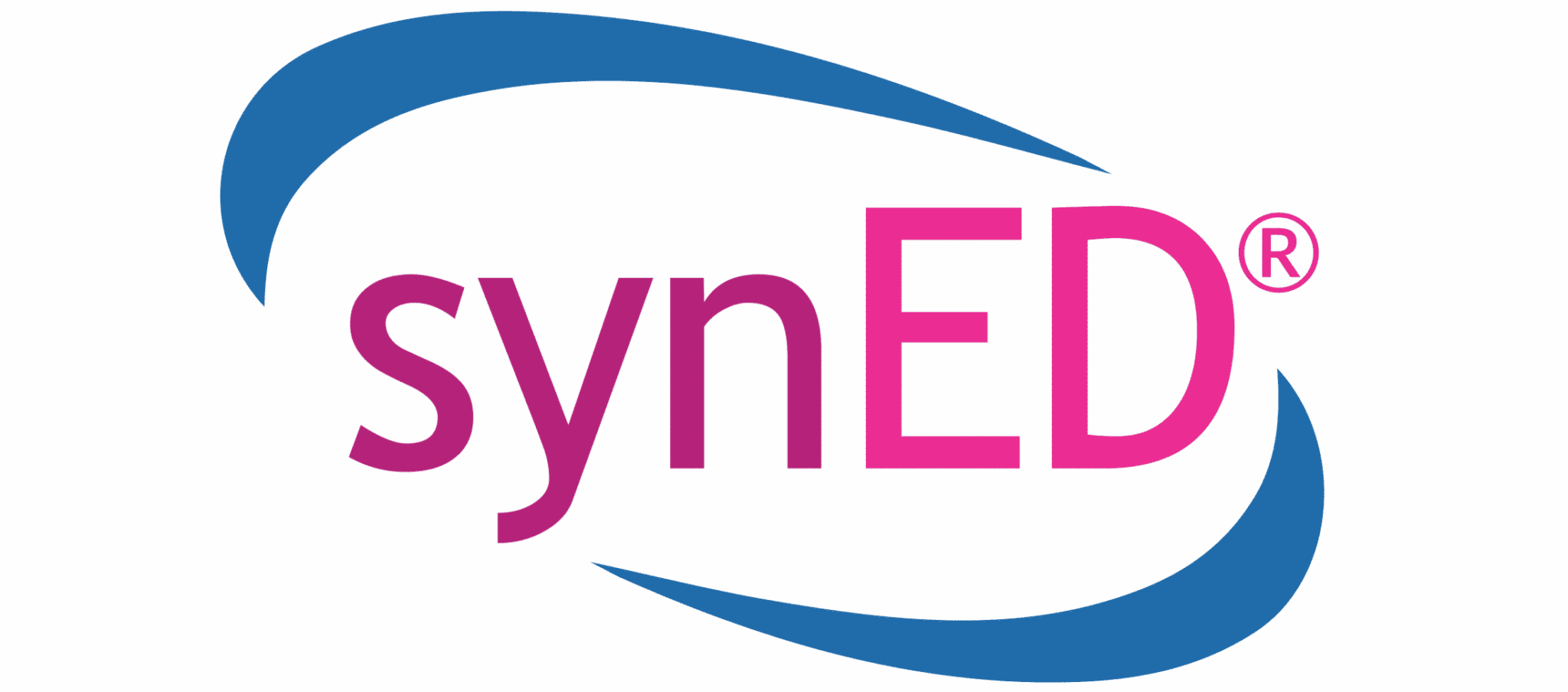
Over the years, Carlin has used her experience in education and industry to help students understand the value that working in IT and cybersecurity can bring and inspire the next generation of ethical leaders.
Carlin worked in cybersecurity before there was a formal term for the field. She evolved from looking at the risk associated with computer systems at all levels to making presentations to the board of directors on the security over computer systems.
Along the way, she was asked to help teach some classes at Cal Poly Pomona. She was hesitant at first but knew that her professional experience would be valuable in the classroom.
“I never thought of going into academia,” Carlin said. “But I quickly found that I loved the interaction with students and sharing what I wish I knew when I was in their shoes. In addition, understanding how what you are learning is applied in business is valuable.”
Carlin taught at Cal Poly Pomona for 20 years before moving to Fullerton College in 2016. Her goal as an educator is to help students build the bridge to what comes next after college. She also encourages lifelong learning and membership in professional organizations such as ISACA. She is a board member and chairs the Academic Relations Committee for the Los Angeles chapter.
Carlin promotes the networking opportunities afforded by professional associations but also encourages security professionals to share their expertise with the future workforce by visiting the classroom, judging student-based competitions, advising colleges on curriculum, and mentoring.
Building professional connections and career paths early is the key to filling cybersecurity vacancies, she said. Some students might instantly know that cybersecurity is the career they want, but many discover it gradually.
“When there’s a shortage of people, you need to plant all the seeds you can,” she said. “You can’t sit around waiting for the right time when the lightbulb goes off.”
Carlin has mentored countless women throughout her career, including Tobi West, a cybersecurity professor at Coastline Community College and founder of the CyberTech Girls program. Carlin met West when she was a graduate student at Cal Poly Pomona and said the two hit it off almost immediately.
They now work together on CyberTech Girls, where West said Carlin serves as a role model for what a successful IT career can look like.
“Anna has been an inspiration for CyberTech Girls as an original supporter of the vision for the program,” West said. “Since the start of CyberTech Girls, she has provided workshop ideas and local event support as mentor and workshop trainer.”
Carlin sees the movement to promote stable, high-paying cybersecurity jobs to young women as an extension of the women’s empowerment movement she grew up with in the 1970s.
“The majority of single-income homes in America are made up of women who make their own decisions in life that are not dependent upon someone else’s paycheck,” Carlin said. “Cybersecurity is a high-paying field. We need to reach women early to give them a sense of what it’s all about and help them see a career path for themselves.”
Though she was hesitant about teaching at first, Carlin’s expertise has proven to be invaluable in the classroom. Carlin and West frequently collaborate on a presentation called “Cyber Up! Your Resume!” that helps students accentuate cybersecurity experience on job applications.
“Anna is a wonderful teacher both inside and outside of the classroom,” West said. “We have co-presented on several occasions to help students and those entering the field develop their resumes and their skills to prepare for cybersecurity careers.”
Carlin knows that women in IT may have different motivations than their male counterparts. She understands these motivations and emphasizes how careers in cybersecurity can satisfy them.
“Women want to see the value of the work they do,” Carlin said. “They’re not in it just for the money. They want to get up and go to work that doesn’t seem like work, and see the positive impact of their work.”

